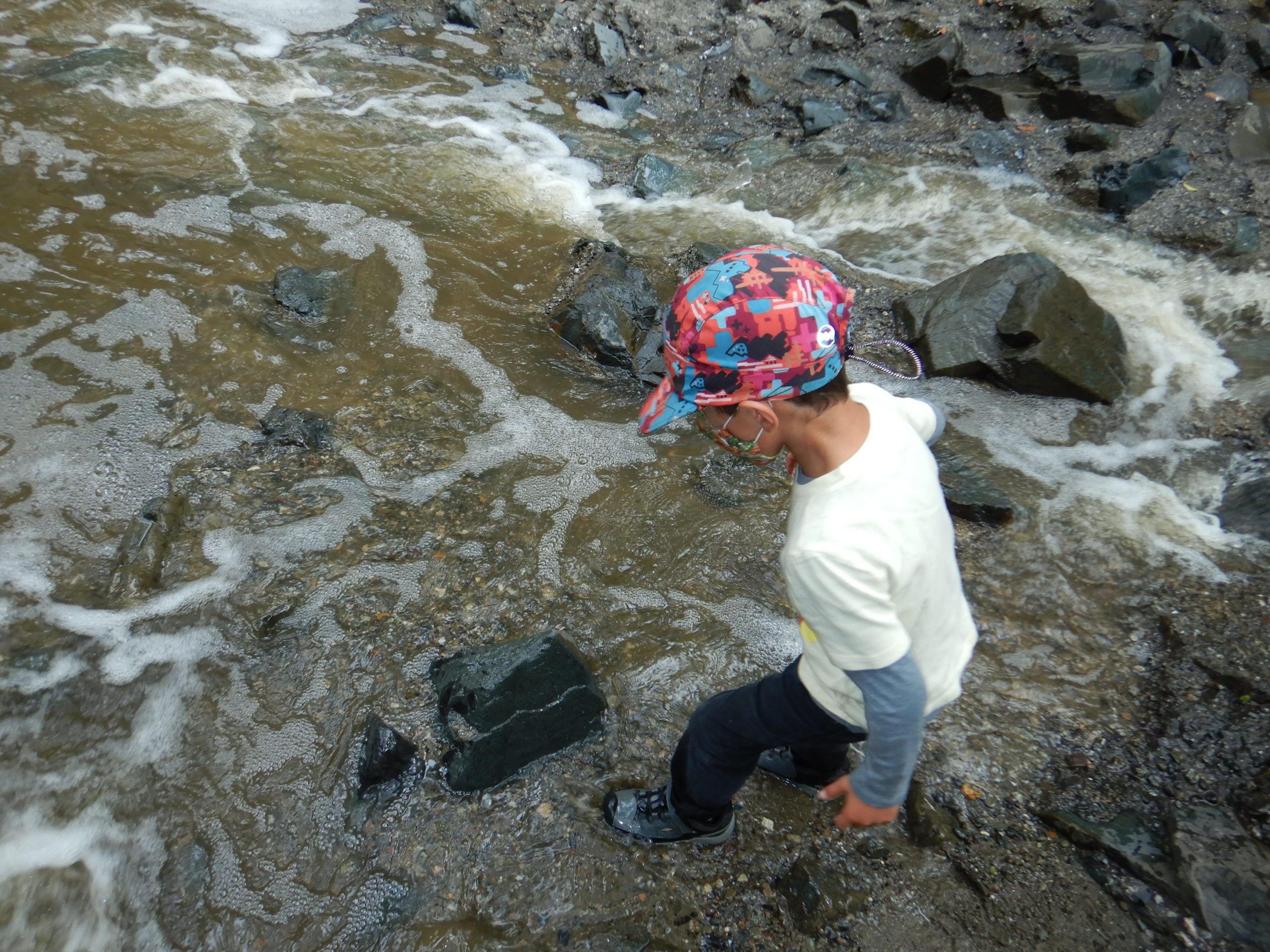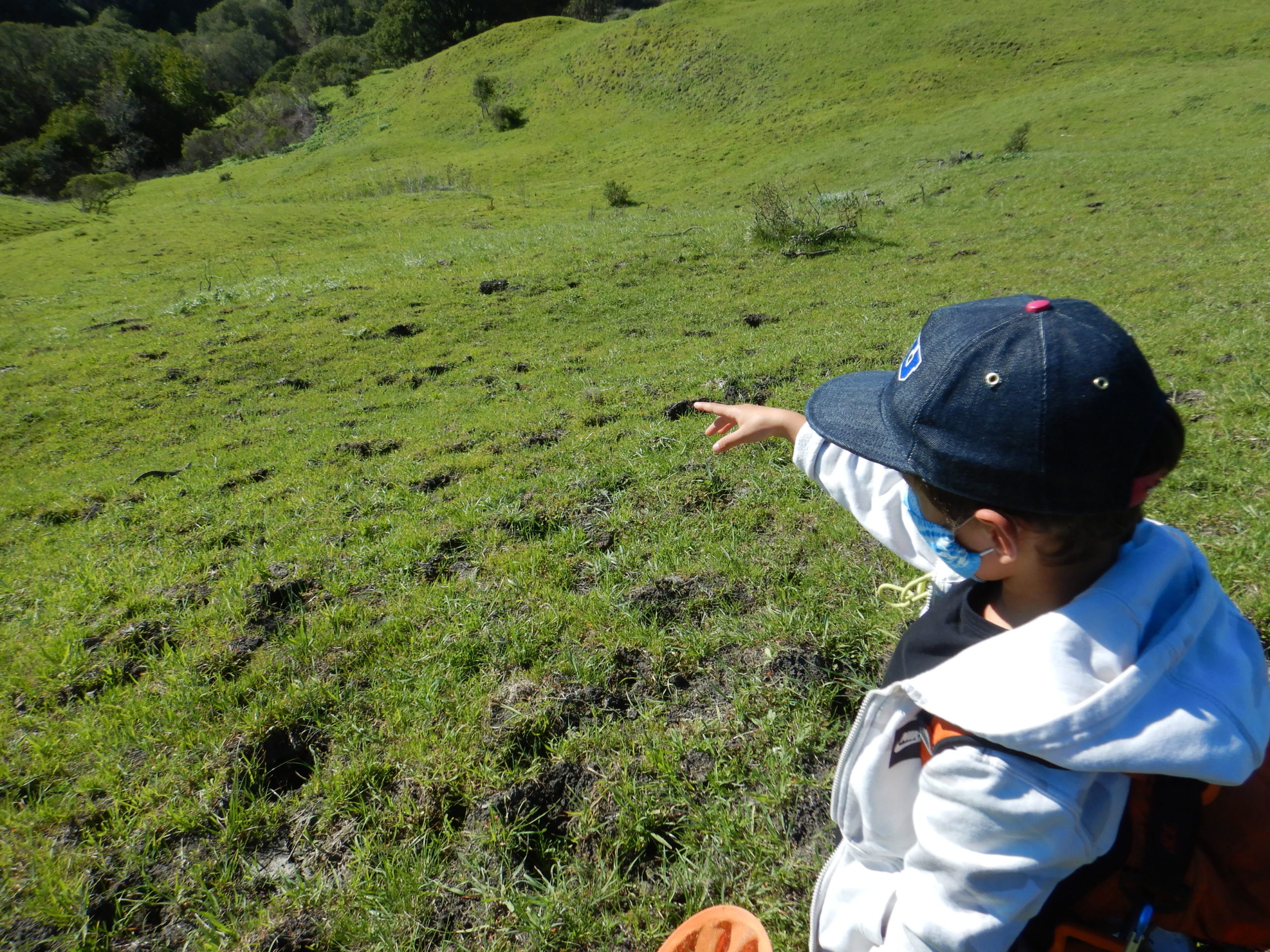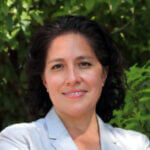My life changed dramatically when my son Saiid was born in 2016. Like most new parents, the immense joy I felt was coupled with an intense concern for providing him with the best life possible. As a native New Yorker, I knew that raising a child in the city wasn’t impossible, but I also knew I wanted something different for my family. In 2018, I finally realized a decade-long dream to move across the country, and landed in the East Bay. Although I had made a geographical change, I still believed my professional journey was in higher education where I had spent the entirety of my career. Joining Ten Strands in early 2020 was an unexpected change and one that was heavily influenced by my thoughts of the future. When I reflect on what prompted that shift, it is quite clear—a desire to focus on the health of our planet and our children.
The daughter of immigrants, I was raised between two worlds. Born in Queens, New York, I spent my childhood in the suburban neighborhood of Bayside. I attended wonderful schools and spent as much time working in our small family business as I did with other things like Girl Scouts and dancing school. My responsibilities as a child were clear: do well in school, fulfill my commitments at dancing school, and contribute meaningfully to our business. My earliest memories are of working at our jewelry store, and as I grew, my role included engaging with our customers. Looking back, those experiences set me up for my future career as a fundraiser, as I may have been the only seven-year-old I knew with an elevator pitch! That ability to build relationships has served me well in life.
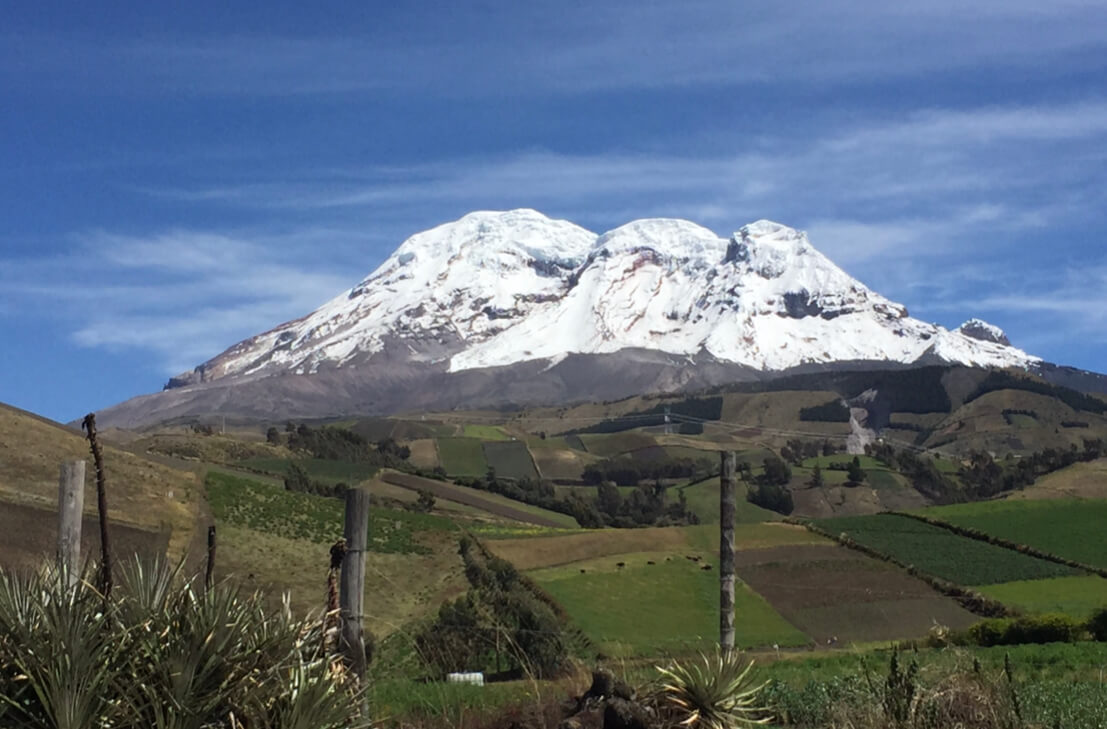
My formative years were also influenced by summers spent in Ecuador. Each year my brother and I visited our extended family for eight weeks. I relished being with all my cousins, aunts and uncles, and my grandparents. Riobamba was a small city when I was a child, so we also spent time in the more rural areas where my father was born. Driving through the Andes mountains made me appreciate the beauty of the earth we inhabit, and this is where my connection to the natural world sprouted. I knew I was lucky to be able to experience two vastly different worlds each year, and grateful that my parents prioritized staying connected to our Indigenous roots.
While attending college was always in my future, when the time came it coincided with the most challenging time in my life. My parents divorced the summer I graduated high school, and overnight I went from a financially stable situation to one that left me unsure where my next meal was coming from. That abrupt shift in my life profoundly shaped how I see the world. I’ve been on both sides of the socioeconomic spectrum and had to fight my way through college to persist. In order to do so, I leaned on the values my parents instilled in me. Keep your head up, keep walking forward no matter how hard each step seems, and never stop smiling. Those lessons are the ones that brought me here—to my life in California as a working professional, wife, and mother.
Within a few months of moving to Berkeley, the 2018 Paradise Camp Fire made being outside dangerous because of the hazardous AQI levels. I moved to this state so my son could spend time in nature, and yet we found ourselves inside wondering how long it would take before the air was safe again. The long-term effects of climate change are clear, and that tragedy led my family to reconsider our impact on the planet. The other revelation came in 2019 while attending the STEM Equity Conference at UC Berkeley co-hosted by the Biology Scholars Program. In the keynote address, Dr. David Asai spoke about the diversity pipeline in academia and shed light on the painful fact that the persistence of students traditionally excluded from STEM disciplines due to ethnicity or race remained largely unchanged. Dr. John Matsui’s remarks underscored the need to disrupt the inequities pervasive in academia and highlighted BSP’s successful model for closing the equity gap. I realized my fundraising efforts to increase diversity in STEM came too late in the educational timeline, and I needed to focus my attention on the K–12 public school system.
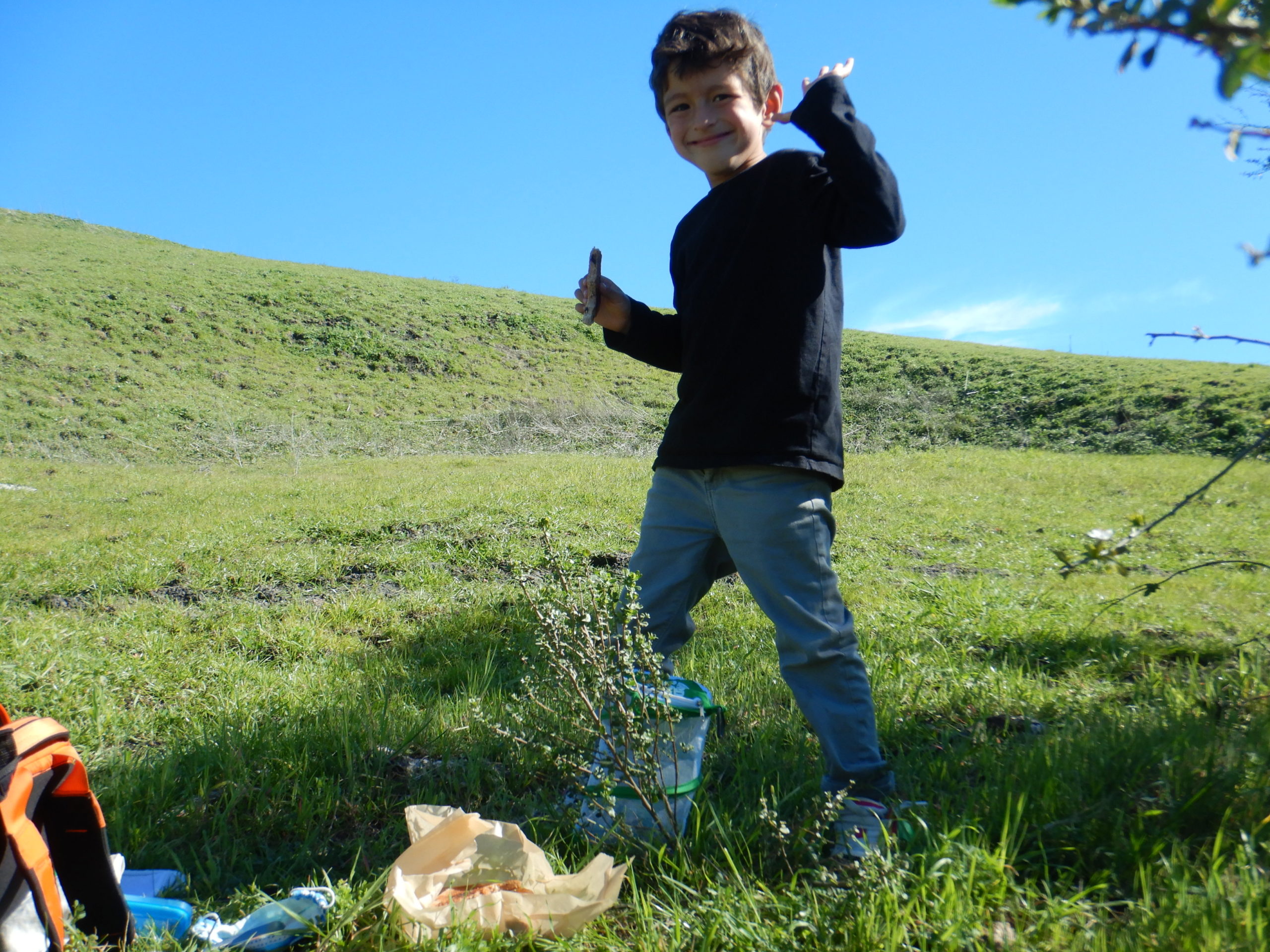
I found Ten Strands at a time in my life when I wanted to change the level of impact I could have professionally and personally. In small but significant ways, my family altered the impact we have on the environment. We avoid plastic at all costs, prioritizing sustainable practices over convenience. We were fortunate to find Fillgood, a local woman-owned small business that helps us live a plastic-free life. We believe that reusing and reducing is more effective than recycling alone and recognize that our individual choices matter. We were also fortunate to find an amazing K–12 outdoor education program held at our local regional park where my rambunctious and curious child learns in ways that can’t be replicated in a traditional classroom setting. His high-energy body is calmed by morning meditations by the creek and his time in nature connects his spirit to the world around him.
I am fortunate to be married to a man who opened my eyes to what we can do to protect our planet and to be the mother of a little boy who knows his role in this important mission. And I am fortunate to work with a small group of dedicated colleagues who share a belief that while shifting the public school system may take time, transformational change IS possible. Our children can learn in engaging ways that incorporate the natural world in every subject. They can learn that the actions they take to be better stewards of our planet are important, no matter how small. And they will learn to shape a world that recognizes the fragility of our planet while highlighting the part individuals and industry must play in protecting it.

